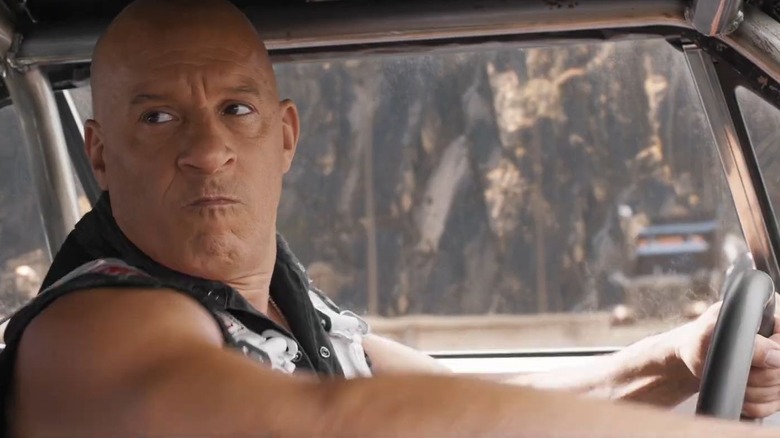Universal Says On-Demand Is Good For Business, Clashing With Other Studios
For years now, the biggest threat to the existence of movie theaters has seemed to be the increasing popularity of streaming services — with each outlet building larger and larger libraries of films and TV shows with which to seduce the average consumer into staying home and finding something to watch.
Yet, that model isn't as easily viable as it sounds, as the likes of Netflix and even Disney+ are discovering recently as they run into subscription woes thanks in part to their original offerings just not being attractive enough. Universal Pictures has taken a different approach, however, implementing incredibly short windows of exclusivity for their theatrical releases and making them available for digital rental or purchase mere weeks after they leave theaters.
This practice clashes with the next most similar release strategy: day-and-date, which Warner Bros. Discovery experimented with during 2021 as a response to COVID-19 bringing theater attendance down. While that strategy proved more harmful than helpful to WB, Universal is insisting that On-Demand has actually been a boon for them. As Donna Langley, chairwoman of Universal Filmed Entertainment Group, recently told The New York Times, Universal sees V.O.D. as "an additive, important new revenue source that didn't exist three years ago. It has had a hugely positive impact on our business."
Universal seems to have a point
While most of the major studios have found themselves struggling as the pandemic lessens, Universal has surprisingly come out on top in a number of ways. According to Donna Langley, their V.O.D. release plans are an integral part of this, with the chairwoman claiming that Universal would probably have had to produce fewer movies without it. (Between Universal Pictures and Focus Features, the studio will release 26 films in theaters during 2023.)
Their biggest proof-of-concept for such short theatrical exclusivity windows is still 2022's "Minions: The Rise of Gru," which was released on V.O.D. just 33 days after it premiered in movie theaters. According to data from analytics company Comscore, the film's theatrical run (which continued past its V.O.D. premiere) ultimately sold more tickets than the first "Minions" did in the same amount of time back in 2015. Thanks to similar results with the most recent entries in the "Jurassic World" and "Fast & Furious" franchises, Universal believes theatrical and V.O.D. can co-exist rather than cancel each other out.
As even bigger proof, there's the story of "The Super Mario Bros. Movie." Released in theaters on April 5 of this year, it's currently the highest grossing movie of 2023, and that revenue has only been increased since its V.O.D. release on May 16, 2023, just 41 days after its theatrical premiere. (As of this writing, the movie is still playing in theaters.)
Is On-Demand expanding choice, or signaling a move away from theaters?
According to Universal Filmed Entertainment Group chief distribution officer Peter Levinsohn, the studio's V.O.D. plans "have taken back control of the decision of when to make our content available in the home, based on the most optimal timing for an individual film." In other words, their flexibility on when they drop a film on V.O.D. means that huge hits like "Mario Bros." can remain in theaters longer, while smaller movies can be available at home sooner.
While that does indeed sound good for the studio, it could mean trouble for both movie theaters and certain movies. No, not the big blockbusters, franchises, and runaway IP adaptations, but the long-missing (from theaters, anyway) mid-budget film, as well as the more unique, oddball features. With studios like Universal treating movies like racehorses, choosing to curb the slower-moving ones while allowing the thoroughbreds to run free, it means ta lot of great art won't be given the chance to find its audiences. This practice also, of course, impacts the streaming model, as it means films are no longer an exclusive incentive to get customers to sign up for Peacock or Netflix, et al.
All of this sounds like a great deal for the audience on paper, giving them the full range of options to either make a trek out to the theater or wait a few weeks to see a new film at home. Yet, as the director of strategy at Parrot Analytics Julia Alexander mentioned, it turns smaller movies' short theatrical runs into "a marketing tool" for the eventual V.O.D. release — an attitude it wouldn't be surprising to soon see applied to blockbusters and franchise films if this continues. Like most issues affecting the film industry at present, it would behoove studios like Universal to try and take the long view on their practices and policies.


